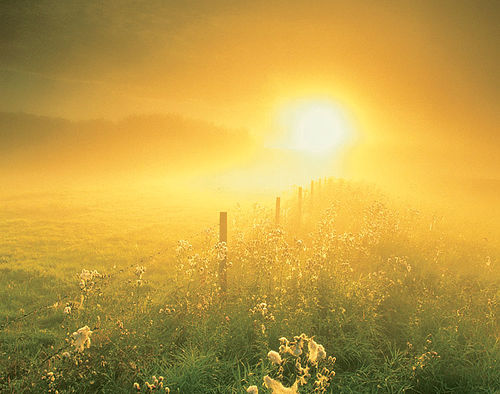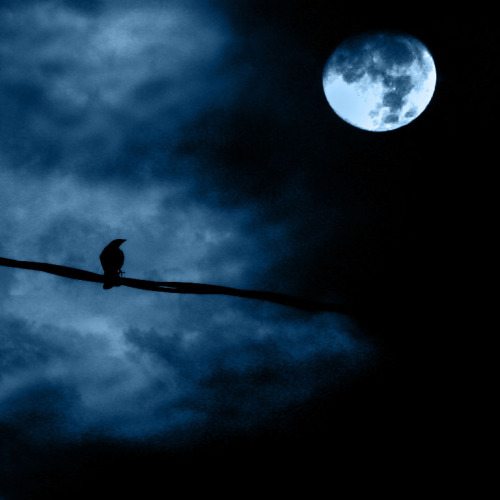¡Viva La Science! Ruled By Sun And Moon
¡Viva La Science!


*L*u*z*a* via Flickr
Latest Article|September 3, 2020|Free
::Making Grown Men Cry Since 1992


*L*u*z*a* via Flickr